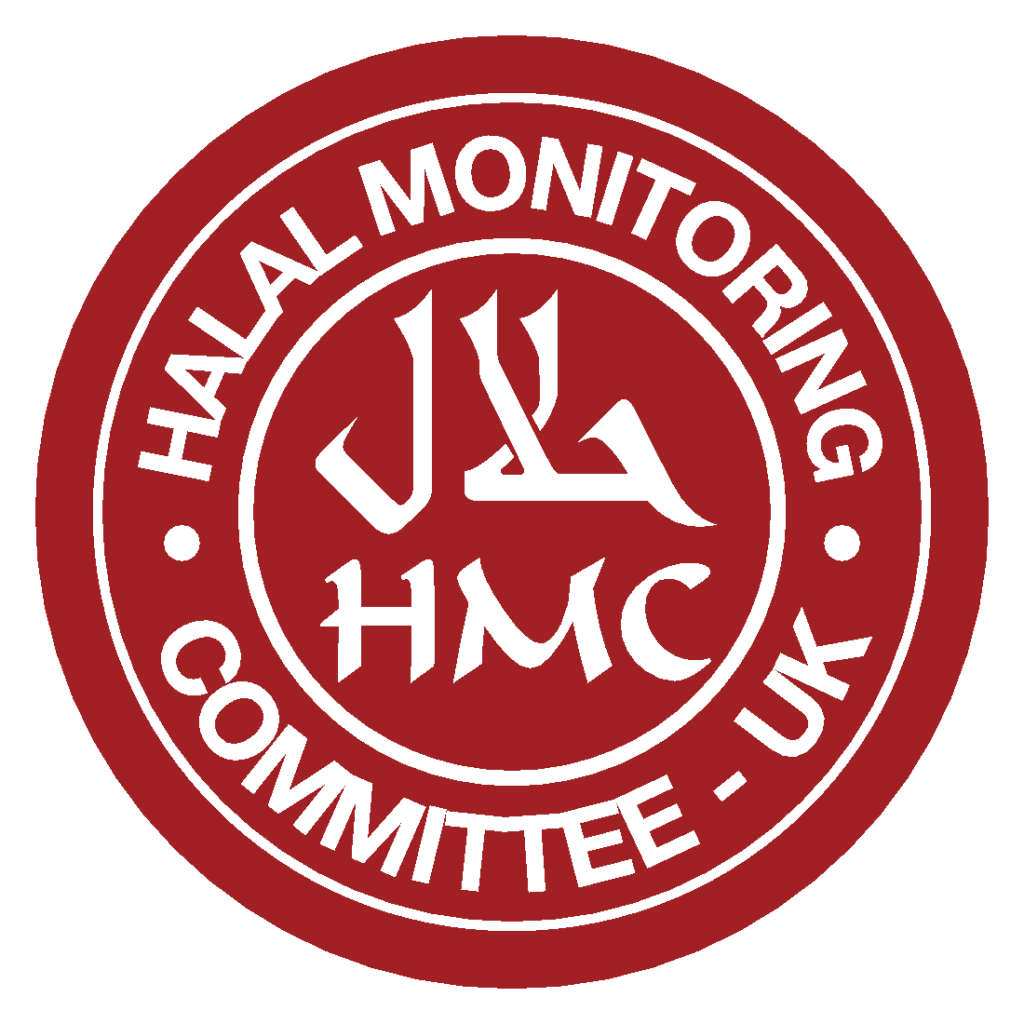PRESS RELEASE
Leading Muslim Travel Platform Unveils The Next Phase of Muslim Travel Report, Highlighting The Impact of Inflation, Sustainability And Generative AI On Millennial Muslim Travellers in Southeast Asia
- Rising travel costs due to inflation are the top concern for Millennial Muslim travellers in Singapore, Malaysia and Indonesia
- Change in destination preferences, with increasing interest in travel within Southeast Asia
- Varied adoption of generative AI across three markets with a lower confidence level in Muslim-specific travel recommendations by generative AI
HHWT launches new product features to enrich the user experience of Muslim travellers
 Have Halal, Will Travel (HHWT), the leading travel and lifestyle platform catering to Muslims across Asia, released The Next Phase of Muslim Travel report during its Deep Dive event on Friday, 11 August 2023. This report examines the impact of global trends – inflation, sustainability, and generative AI – on Millennial Muslim travellers within Singapore, Malaysia, and Indonesia.
Have Halal, Will Travel (HHWT), the leading travel and lifestyle platform catering to Muslims across Asia, released The Next Phase of Muslim Travel report during its Deep Dive event on Friday, 11 August 2023. This report examines the impact of global trends – inflation, sustainability, and generative AI – on Millennial Muslim travellers within Singapore, Malaysia, and Indonesia.
With a commitment to understanding and addressing the evolving needs of Muslim travellers, HHWT’s Deep Dive series aims to unlock the vast potential of data insights from the key verticals that make up the Muslim market. The company hopes to share knowledge to empower brands and governments to make better decisions when segmenting, targeting and positioning their products and services.
The comprehensive findings of the report shed light on the behaviours and preferences of this influential demographic across the region as a result of global trends. Among the notable insights revealed in the report:
Rising travel costs due to inflation are a top concern across three markets
The escalating concern over rising travel costs emerged as a prominent theme across all three markets. Surprisingly, the report disclosed that 9.9% (Singapore), 11.9% (Malaysia) and 26.7% (Indonesia) of Muslim travellers would spend less on travelling. Furthermore, the majority of respondents expressed a strong inclination to embark on international journeys, with 84% (Singapore), 68.2% (Malaysia) and 48.1% (Indonesia) of Muslim travellers likely to travel internationally in the next 12 months.
Tengku Suzana, co-founder of HHWT, says, “Despite concerns over rising travel costs, there’s still a strong demand and desire to travel among Millennial Muslim travellers. These travellers would rather travel during off-peak periods and plan their trips around enticing travel discounts instead to manage surging costs. This is an opportunity for brands to run campaigns all-year round instead of focusing on peak travel periods. The majority of Millennial Muslim travellers go on trips with their immediate family with kids younger than seven years old, so they would be more flexible to travel any time of the year. At HHWT, we have been highlighting ways that travellers can enjoy value-for-money experiences to get the most out of their trip since the purchasing power is most likely eroded by inflation.”
Interestingly, there is a shift in concerns about contracting Covid-19 while travelling, taking a backseat for all three markets.
Change in destination preferences, with increasing interest in travel within Southeast Asia
Compared to HHWT’s 2022 study, Millennial Muslim travellers preferred destinations within Southeast Asia, except for Japan which ranked first for Malaysian and Indonesian travellers and second place for Singaporean travellers.
Most Millennial Muslim travellers prefer longer trips, with 70% (Singapore), 68% (Malaysia) and 55% (Indonesia) of Muslim travellers indicating that they would go on a trip lasting more than a week.
Varied adoption of generative AI across three markets with a lower confidence level in Muslim-specific travel recommendations from generative AI
An intriguing variance emerged in the adoption of generative AI for travel among the three markets. Indonesian respondents exhibited the highest propensity, with more than half (54.5%) indicating their intent to utilise AI for travel purposes. In contrast, 31.8% of Singaporean and 21.4% of Malaysian Muslim travellers expressed a similar inclination.
“While there is a segment of Muslims who use AI for travel, the confidence level in using AI for Muslim-specific travel recommendations is low. Only 15% of Singaporean and 17% of Malaysian respondents expressed confidence in AI’s ability to cater to Muslim-specific travel requirements,” says Tengku Suzana. “This suggests that Muslims may be hesitant to trust AI regarding faith-related concerns, and AI may not be ready as an immediate replacement for travel planning. This reinforces the continued reliance and importance of platforms like HHWT, which provide information that answers Muslim travellers’ needs to explore the world with ease.”
HHWT launches new product features to enrich the experience of Muslim travellers
HHWT also announced several new product features to extend and enrich the user experience for Muslim travellers. This includes the Destination Page, where users can look forward to guides, curated itineraries, community stories and listings across the Buy, Eat, See & Do, and Stay categories, all in one centralised page.
Brands and partners will stand to gain insights about the performance of their listings via personalised dashboard visualisations, where they can see first-hand the impact HHWT generates for them via the users that consume content on HHWT’s website. This will allow them to make better-informed decisions on the type of content that is more attractive to the users.
“The community is an integral part of HHWT’s new features and we’re excited about this. Users can look forward to the collective experiences of our community who have travelled to many places worldwide,” says Tengku Suzana. “In the upcoming iterations, we will focus on user-generated content in the form of reviews, suggested listings, community stories and videos populated by our community.”
The complete report is available for review and download here.



